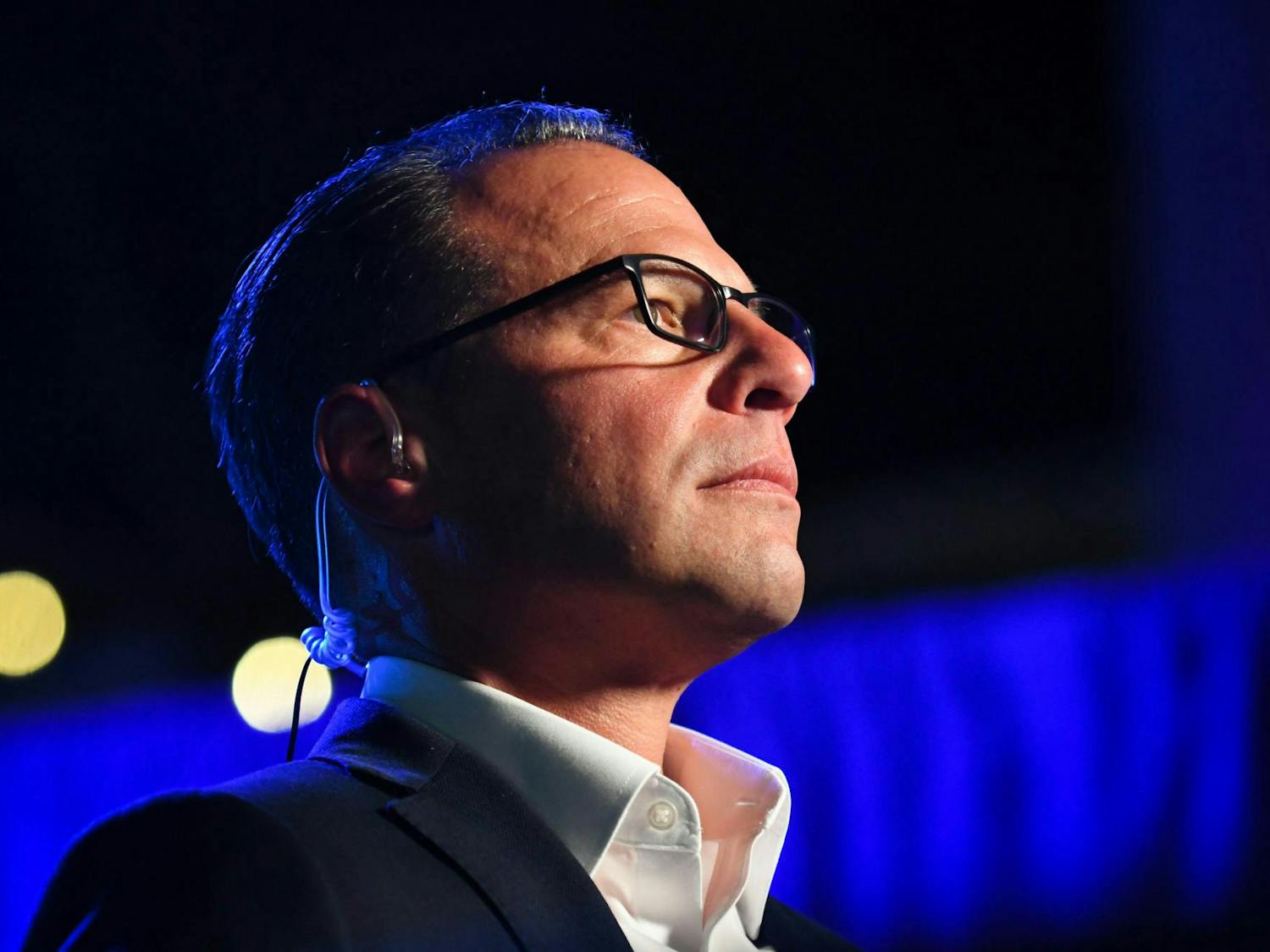With the coronavirus pandemic aging across the country indefinitely, more students than usual decided to take a gap semester or a gap year instead of studying online this semester.
During a typical year, about 50 students at Penn take a gap year — either before beginning their first year on campus or in between years. This year, however, the number of first-year students opting to take a gap year has increased from around 50 to approximately 200, a 300% increase, according to Dean of Admissions Eric Furda.
In an emailed statement to The Daily Pennsylvanian, Furda said that the Office of Undergraduate Admissions does not expect that this increase in gap years will have a “significant impact on the selectivity or opportunity” during the upcoming admission cycle. He added that the “the size of the applicant pool and anticipated yield” will have a much more significant impact on the admissions cycle.
Incoming College first year Leo Biehl said he had never considering taking a gap year before the pandemic, but decided to take one largely because of the remote fall semester.
“Before Penn decided to be fully remote, I was still planning to go to campus. One of the big reasons that I decided to go to Penn was because of the incredible kids who I would meet and would be around, and to be in a new city, and I thought that was still worth it to experience that,” he said. “But after Penn went fully remote, I began to question that a little bit, and then a couple of opportunities just fell in place perfectly.”
Currently, Biehl is living at home in Buffalo, N.Y., where he is working two jobs. He works as a contact tracer for New York State and is a research assistant at Amnesty International, where he is studying the spread of the coronavirus in prisons. When requesting a gap year, students must tell the University what they plan to do and why they are requesting one. Biehl told the Admissions office that he would use the year to explore his interests in public health and the criminal justice system.
Incoming Wharton first-year Hannah Doft, who is currently on a gap year in Israel, attended a high school in New York City where gap years are common. Both of Doft's older sisters took gap years before starting college, so the idea of taking one was always in the back of her mind. She said she ultimately decided to pursue a gap year because of the pandemic.
Doft is participating in a gap year program at Bar-Ilan University in the city of Ramat Gan. Through the program, she takes 3 classes — two Torah-based classes in the morning and a philosophy class in the afternoon, though they do not count towards her degree at Penn.
RELATED:
Students slam Penn’s decision to slash spring break, brace for future schedule changes
Penn FGLI students say pandemic exacerbates pre-existing educational disparities
“I definitely don't regret taking a gap year because I don't think I would have been happy starting college online; I don't think I would have met people,” she said. “At the same time, things here in Israel aren't normal. We're in lockdown right now. So things aren't normal here but it's definitely better than being at home.”
College junior Morgan Singer is currently on a gap year, although she may return to campus for the spring semester if schooling is no longer completely remote.
Singer planned to go abroad this semester, but after all fall abroad programs were canceled and Penn moved to a completely virtual fall, and she decided to take a semester off.
“A lot of what I do on campus has to do with theater. I'm a part of Bloomers, and I knew that this year, it wouldn't be the same. So I decided to take the semester off because not only do I not love online classes but it's really hard to do theater online,” she said.
Singer is working as a field ambassador for Back to Blue PA in Philadelphia right now, which she describes as what would happen if “the Biden campaign had a baby with a campaign to try to flip Pennsylvania back to blue.”
College Dean Paul Sniegowski said that while the number of students taking a gap year or a gap semester this year in the College is “perhaps tenfold higher” than usual, the number of such situations “was still low relative to our overall enrollment.”
The Wharton School, the School of Nursing, and the School of Engineering did not respond to multiple requests for comment about whether their students' gap year or gap semester rates had significantly increased.









